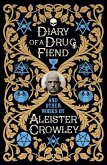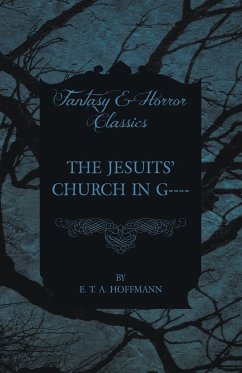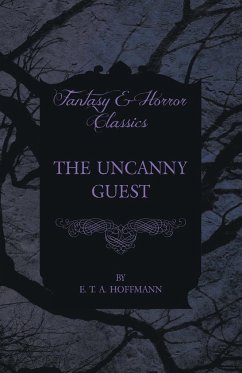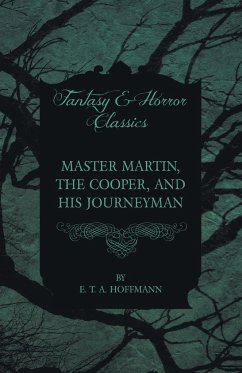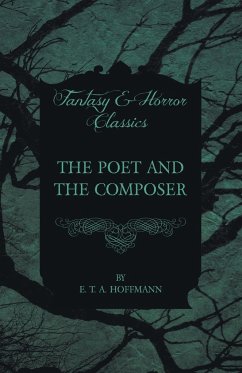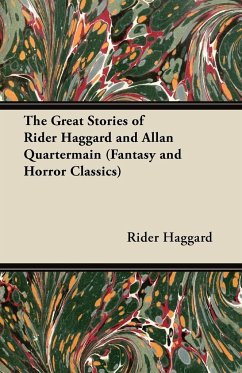Enter the shadow world of the 20th century's most infamous occultist. This chilling collection unveils the rare short fiction of Aleister Crowley (1875-1947), the self-proclaimed "Great Beast 666," whose life and work were devoted to exploring the darkest corners of human consciousness and forbidden knowledge. Crowley's fiction is not merely horror; it is a dangerous literature of initiation, designed to unsettle, challenge, and lead the reader down the treacherous path of his magical philosophy, Thelema. The stories are steeped in authentic magical lore, esoteric philosophy, and a profound, often unsettling, understanding of human will. This collection contains some of his most potent and evocative short works: An Experiment in Necromancy: A terrifying descent into the black art of raising the dead and the horrific price of forbidden power. The Black Lodge: An intense journey into the dark side of spiritual aspiration and the perilous tests that await the unwary initiate. At the Fork of the Roads: A fable of destiny, choice, and the moment a soul is irrevocably set upon a path of damnation or enlightenment. The Dream Cicean and The Initiation: Tales that blur the line between dreams and ritual, showing how the mind is both the temple and the proving ground for the mystical aspirant. A profound and genuinely unsettling literary artifact, The Writings of the Great Beast offers a direct, unvarnished look into the terrifying realities--or delusions--of one of history's most controversial figures.
Bitte wählen Sie Ihr Anliegen aus.
Rechnungen
Retourenschein anfordern
Bestellstatus
Storno



